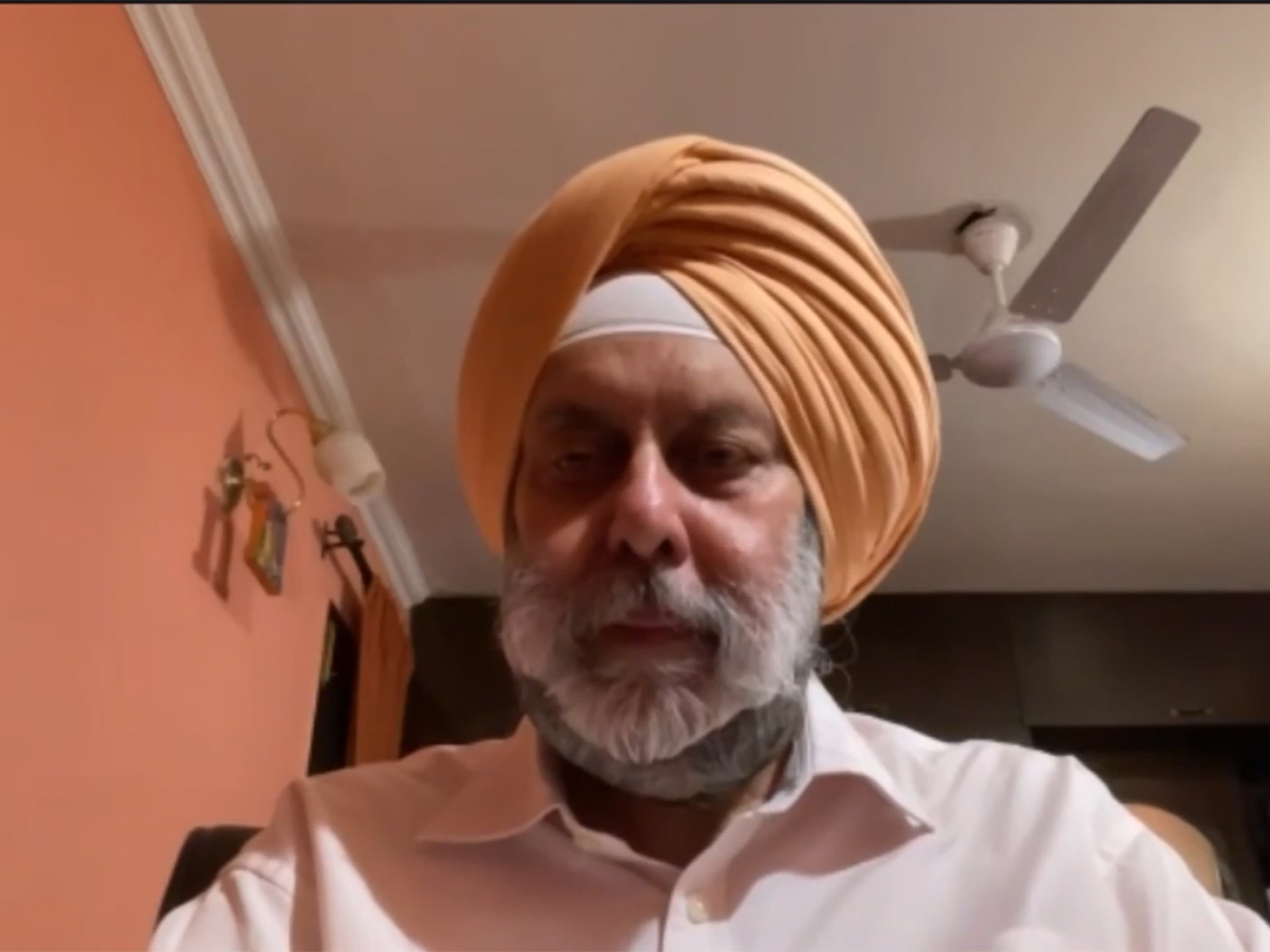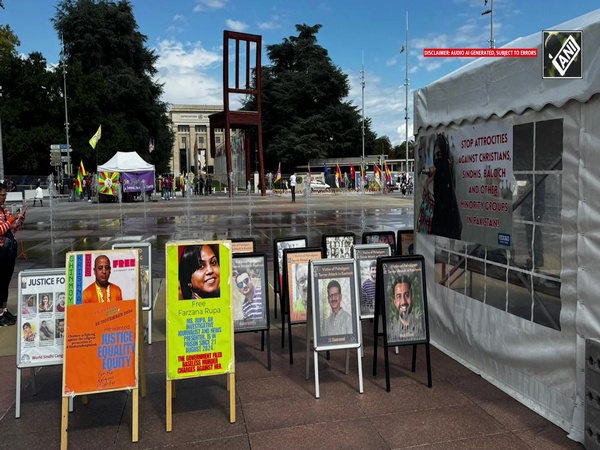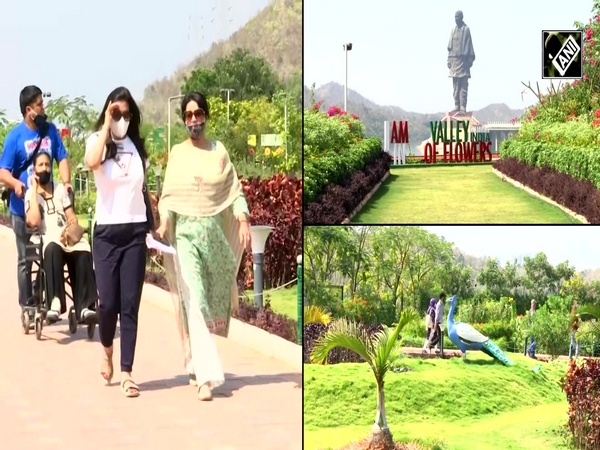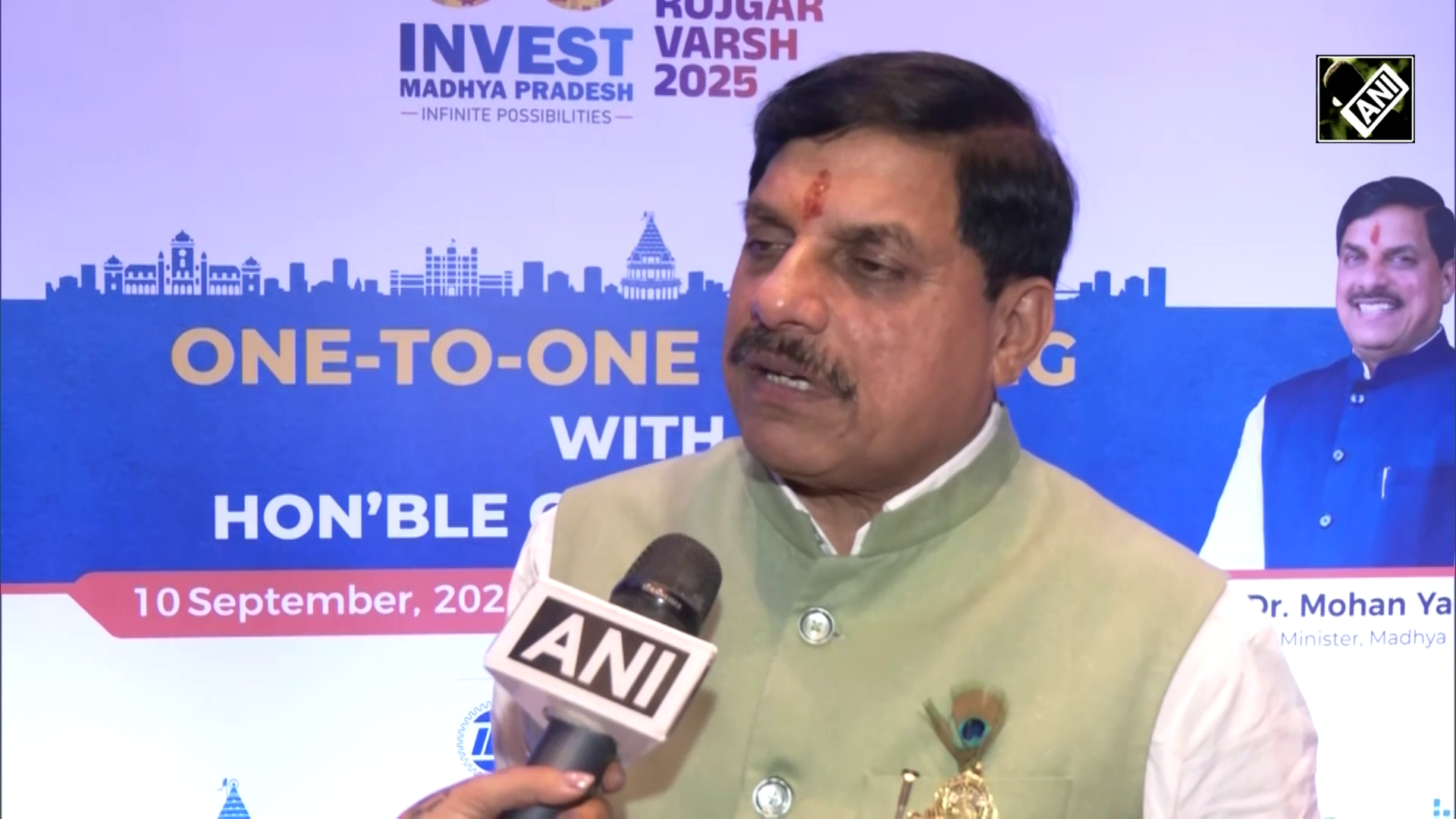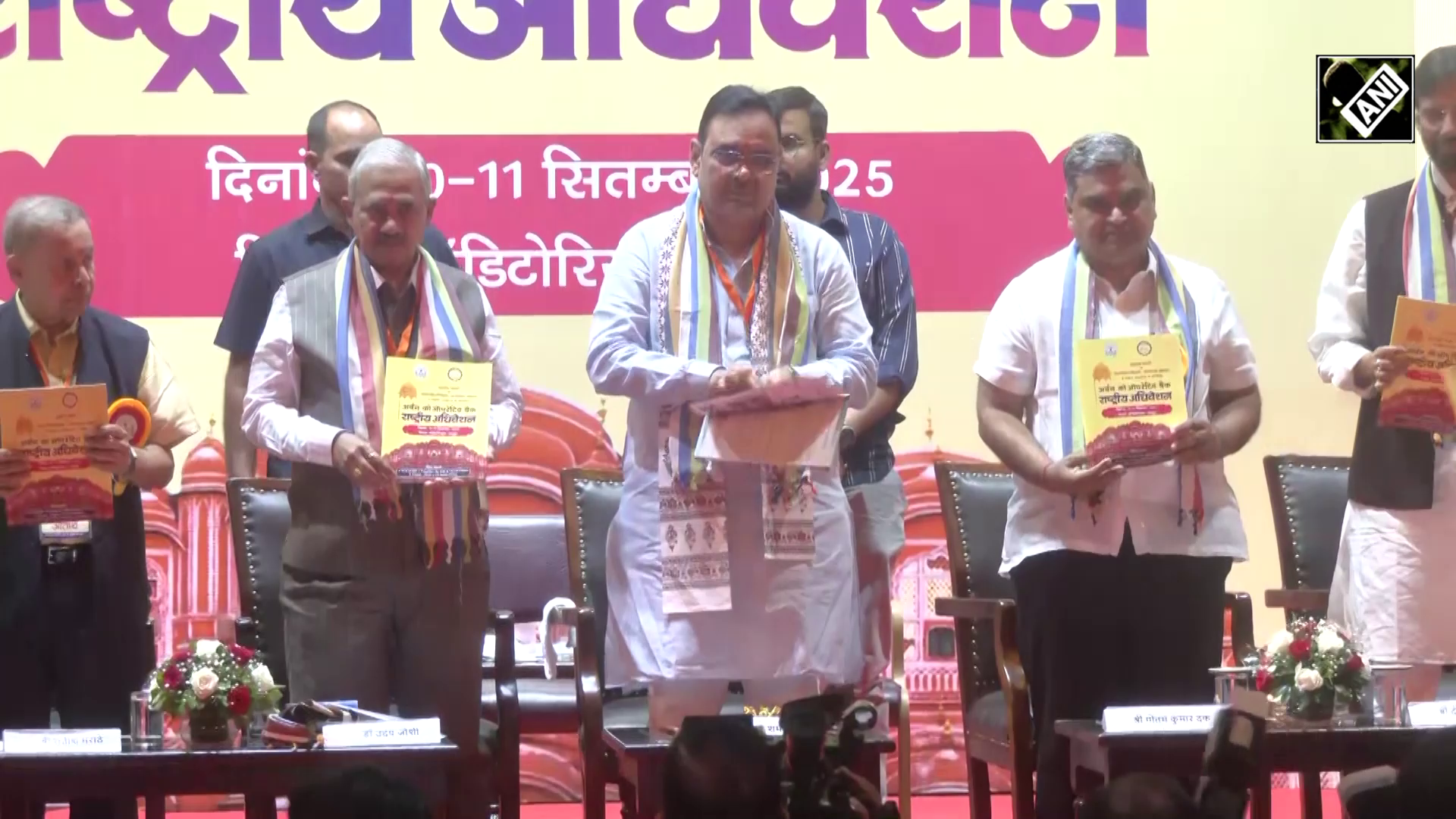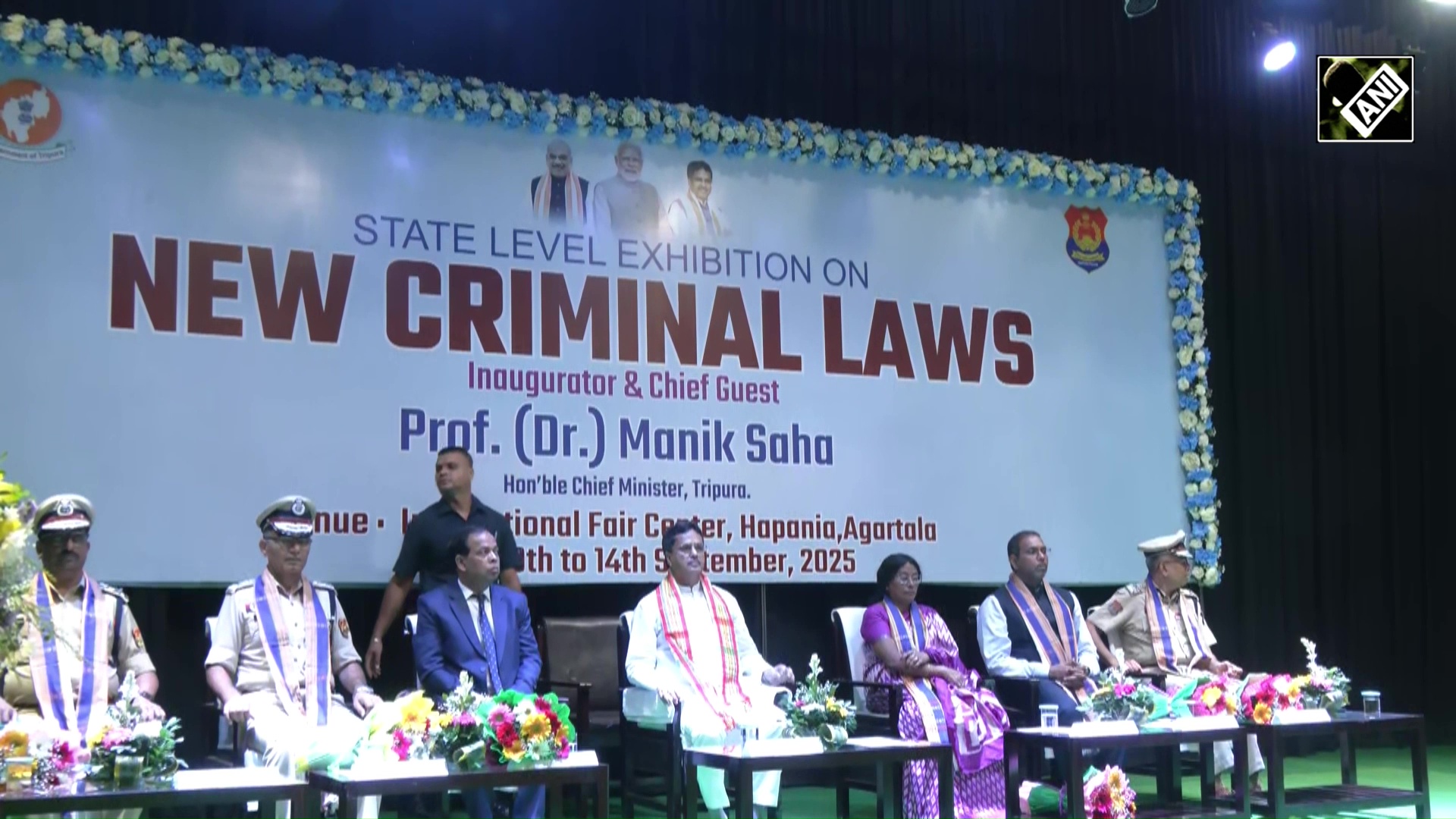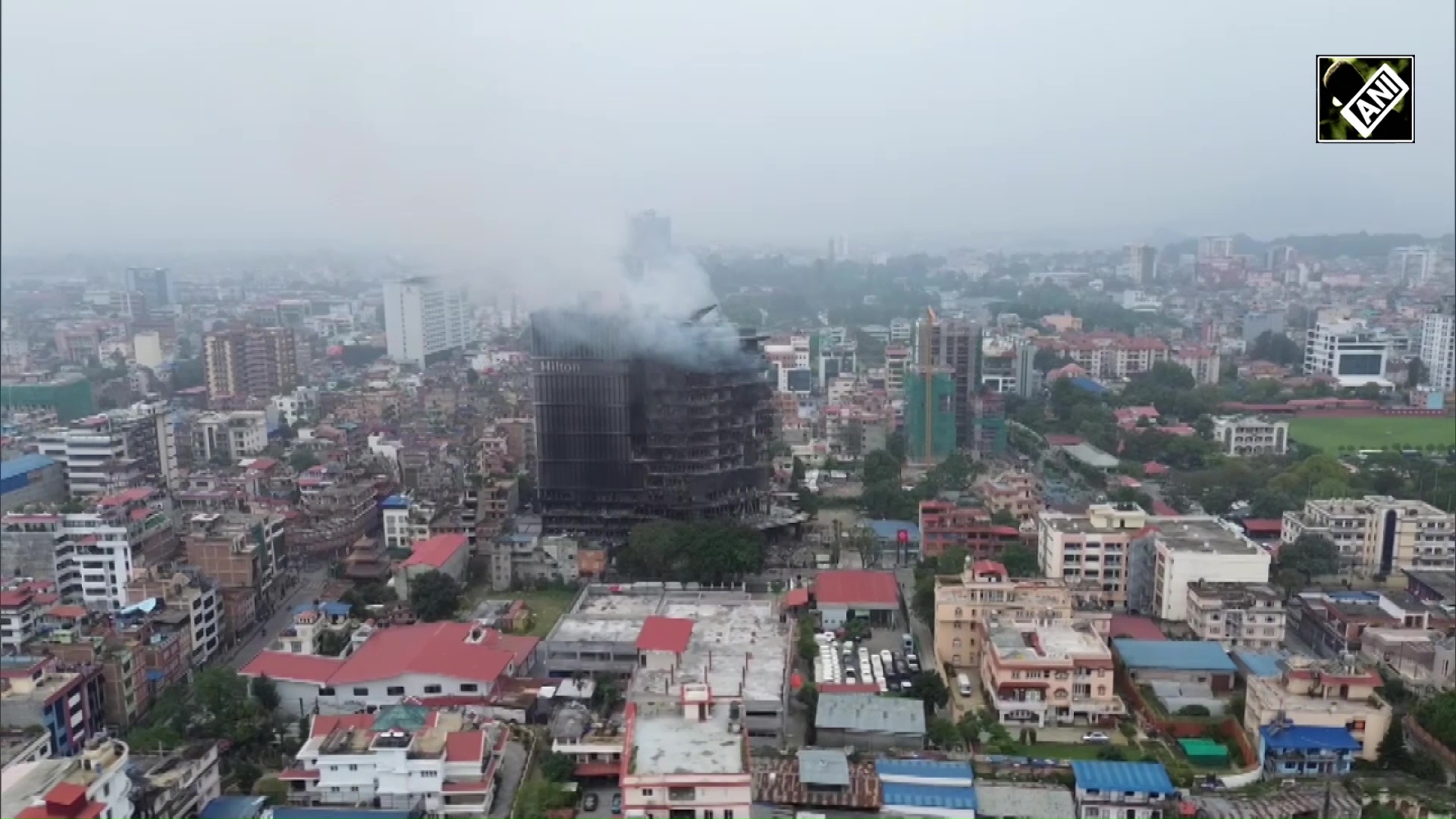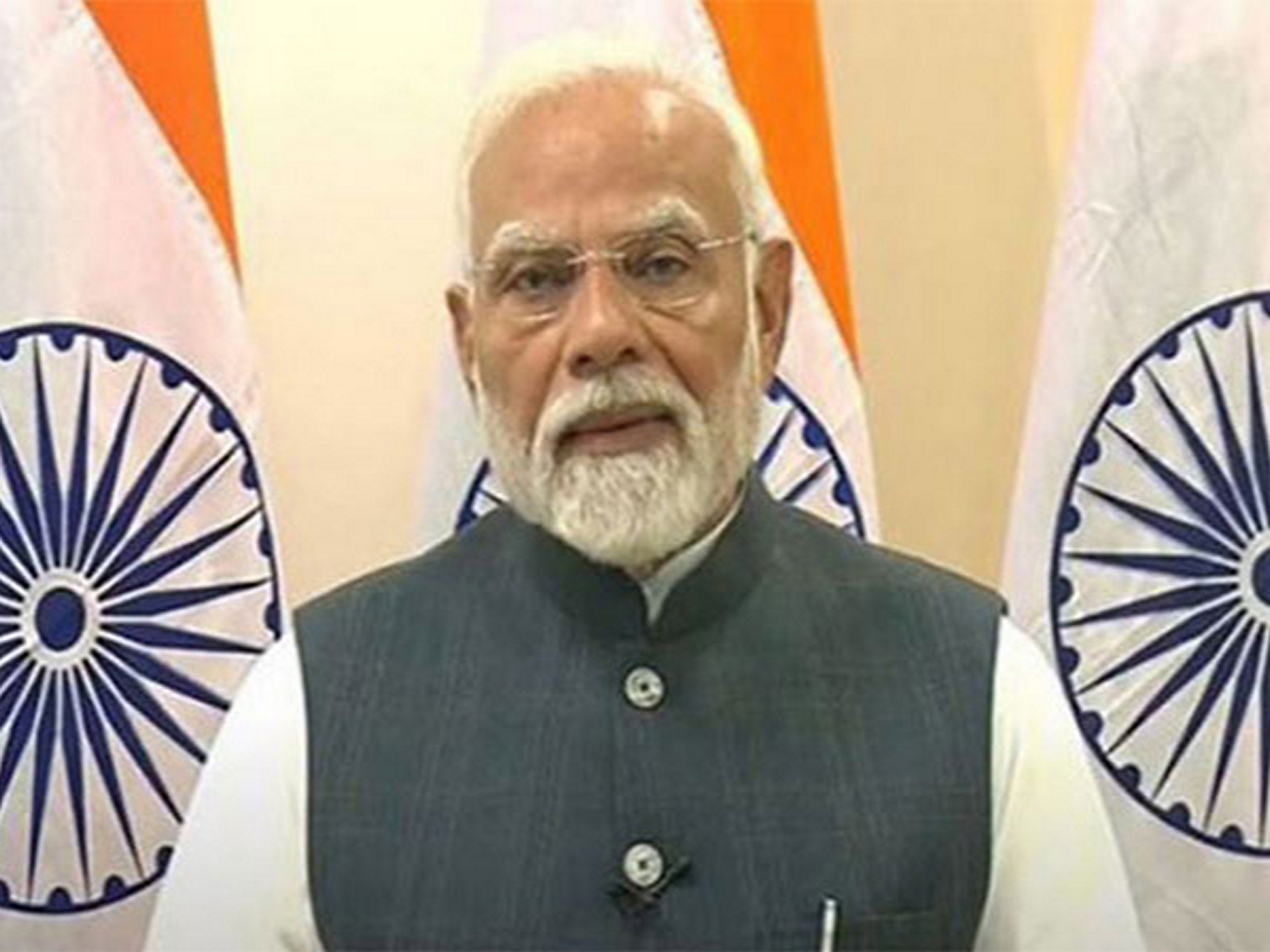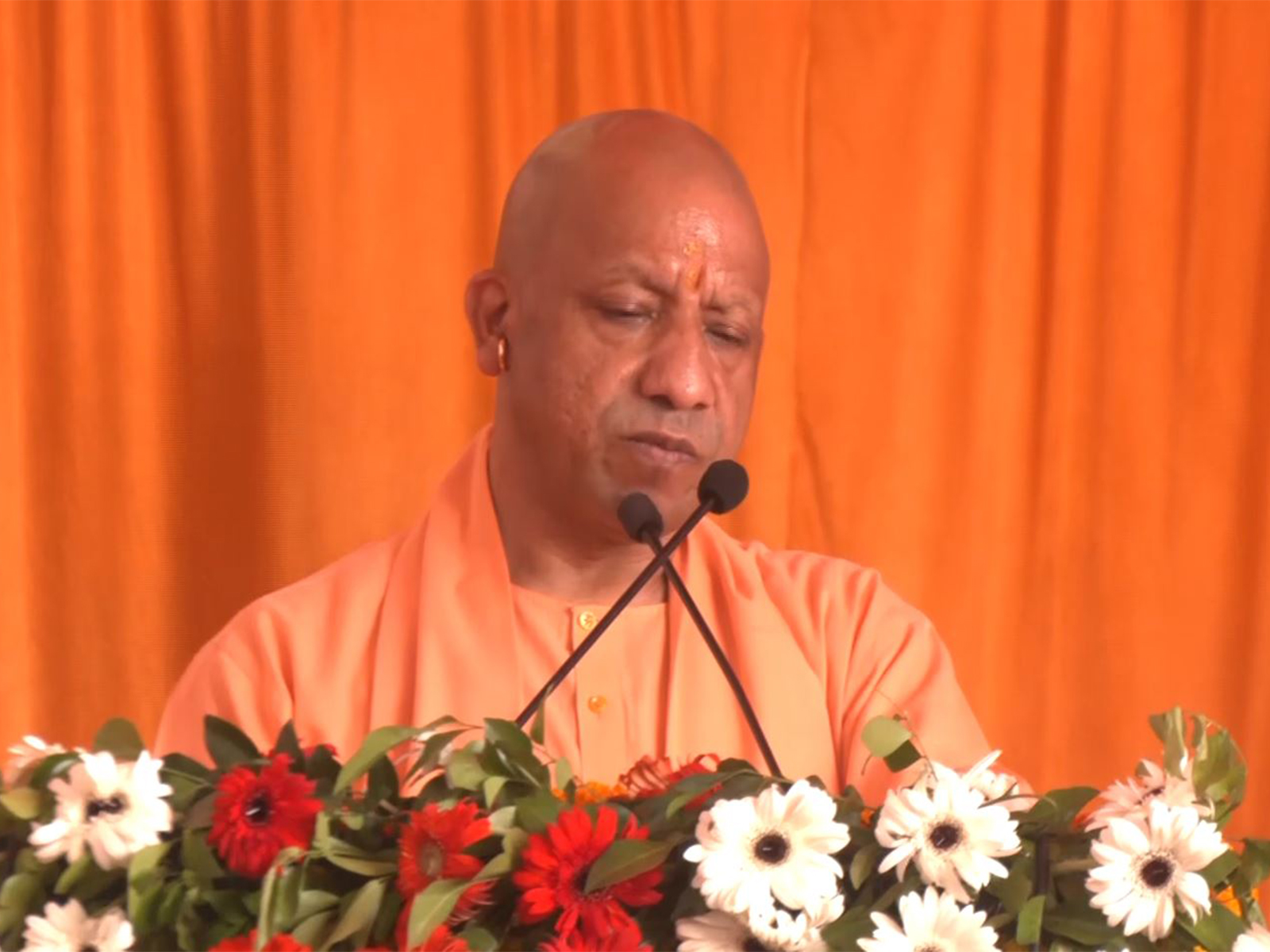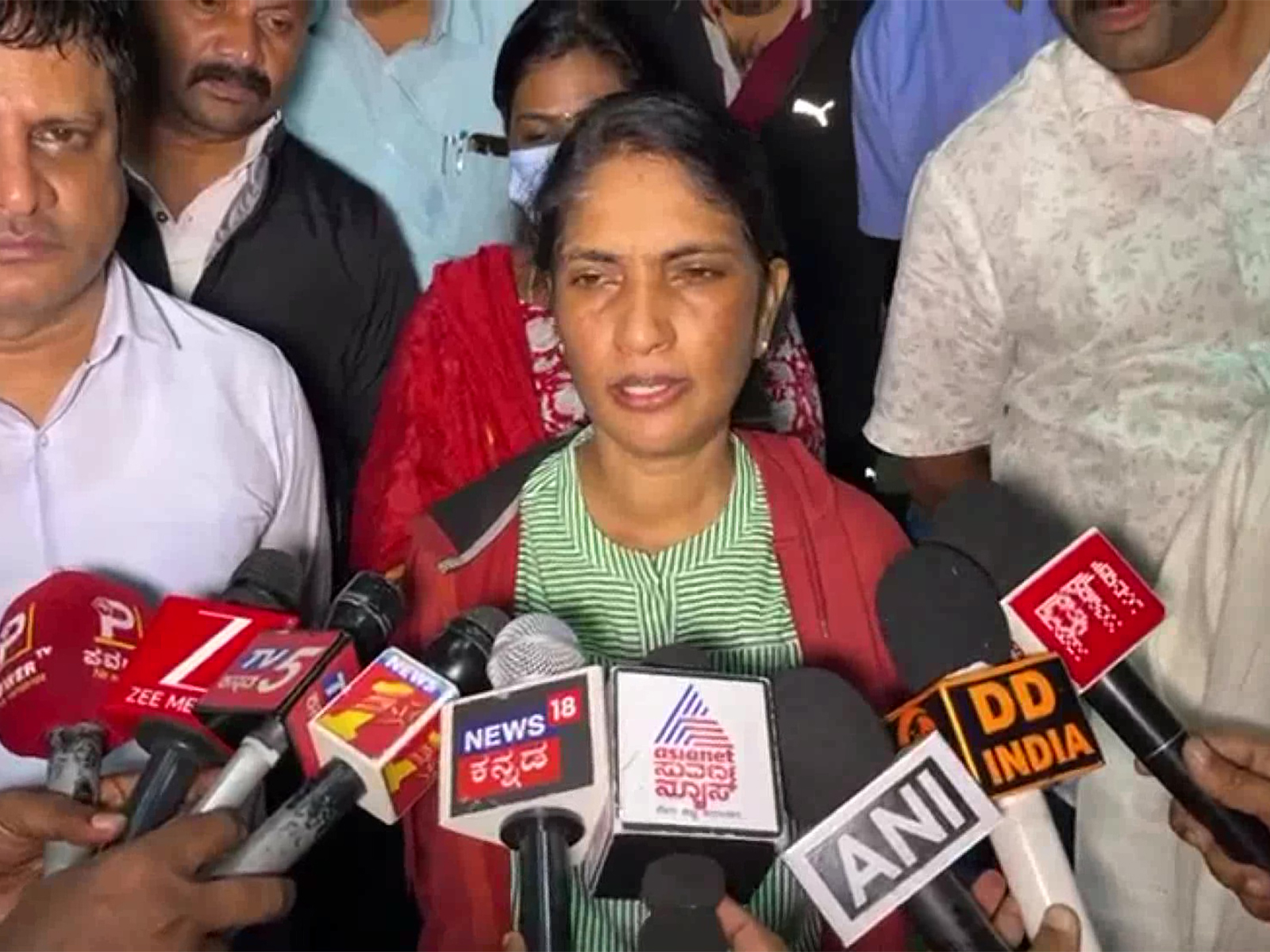
Nepali artists condemn KIMFF for using China's term 'Xizang' to refer to Tibet
Jun 11, 2025
Kathmandu [Nepal], June 11 : A group of Nepali artists, filmmakers, and cultural workers has issued a strong statement condemning the Kathmandu International Mountain Film Festival's (KIMFF) recent programming decisions, accusing the festival of contributing to the erasure of Tibetan identity. The critique focuses on KIMFF's choice to refer to Tibet as "Xizang," a name advocated by the Chinese government, and to exhibit films under the "Xizang Panorama" banner, which the signatories describe as state-sponsored propaganda.
The group's statement, which was widely shared by the International Campaign for Tibet on X, underlined their belief in the power of storytelling to challenge prevailing narratives and stand up for individuals whose voices have been muted. They voiced concern that KIMFF, which was traditionally viewed as a venue for independent films and perspectives from around the area, might adopt vocabulary associated with Chinese political discourse.
According to the letter, several of the signatories had previously participated in KIMFF-supported projects like the Kathmandu Doc Lab, which they applauded for encouraging regional collaboration and highlighting varied voices. The use of "Xizang" in this context, however, was deemed extremely disappointing and detrimental.
The artists claim that film festivals are not neutral environments. Rather, they influence public perception and cultural understanding. They argue that presenting propaganda as art, as well as using politically driven terminology to characterise a whole people's identity, is deeply irresponsible.
The statement urges KIMFF to publicly acknowledge the harm caused by its programming decision, apologise to the Tibetan community and artists who have supported the festival, and commit to transparent and ethical curatorial practices that uphold anti-colonial and independent values.
In their concluding remarks, the signatories reaffirmed their refusal to remain silent in the face of erasure. "In moments like these," they wrote, "it is essential to stand in solidarity with the Tibetan people and with all artists resisting censorship and erasure." The statement highlights growing concern over China's influence in regional cultural platforms and calls for stronger resistance to such efforts within the artistic and filmmaking communities.
